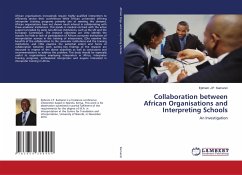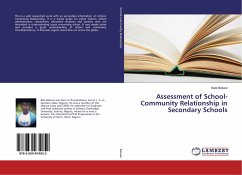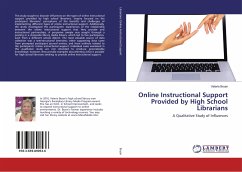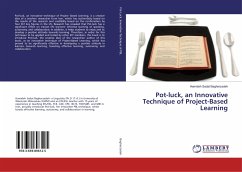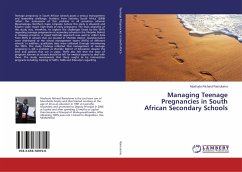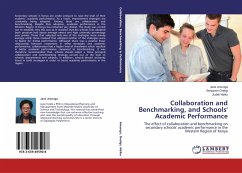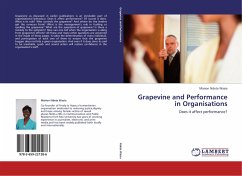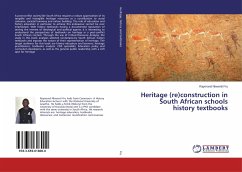African organisations increasingly require highly qualified interpreters to efficiently service their conferences While African universities offering interpreter training programs primarily aim at meeting this demand, African organisations have not shown much interest in collaborating with these academic institutions. This stands in marked contrast with the active support provided by some non-African institutions, such as the UN and the European Commission. The research objectives are (1)to identify the reasons for little or lack of participation of African consumer institutions of interpretation services in the training of interpreters; (2)to examine the benefits of the collaboration to the consumer institutions and the training institutions; and (3)to examine the potential extent and forms of collaboration between both parties. Key findings of the research are discussed in respect of the above objectives as well as conclusions and recommendations to address the problem. This book should be especially useful to organisations employing interpreters in Africa, interpreter training programs, professional interpreters and anyone interested in interpreter training in Africa.
Bitte wählen Sie Ihr Anliegen aus.
Rechnungen
Retourenschein anfordern
Bestellstatus
Storno

